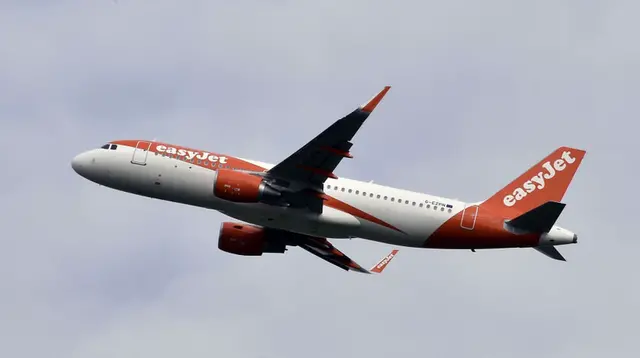The South Korean government condemned the widely anticipated nuclear test by the Democratic People's Republic of Korea (DPRK) Tuesday, calling it a "clear violation" of UN resolutions.
"North Korea (DPRK) will not be able to avoid being held accountable for (the test)," national security adviser Chun Yung-Woo told reporters after an emergency security meeting presided over by President Lee Myung-bak.
People watch news reports of the suspected nuclear test by the Democratic People's Republic of Korea, in Seoul, South Korea, Feb. 12, 2013. The South Korean Defense Ministry believed that the Democratic People's Republic of Korea (DPRK) has conducted a nuclear test on Tuesday, a local TV station reported. (Xinhua/Park Jin-hee)
"Standing firm on its consistent principle that it will not tolerate a nuclear North Korea, (South Korea) will cooperate closely with the international community and seek all necessary measures including actions by the UN Security Council in order to have North Korea abandon its nuclear ambition," Chun said, calling the test a "threat" to regional stability.
South Korea will "maintain a high readiness posture" against provocations and is considering countermeasures including the deployment of longer-range missiles capable of striking all parts of the DPRK at an earlier date, according to Cho.
President-elect Park Geun-hye, who replaces Lee later this month, "strongly condemned" the test and vowed to make joint efforts with the international community to denuclearize the DPRK, her spokeswoman Cho Yoon-sun told reporters.
"North Korea must strictly abide by all UN resolutions and keep its pledge of denuclearization," Park, who campaigned on improving inter-Korean relations, was quoted by Cho as saying.
Lee and Park also held a rare meeting to discuss the nuclear test and security threats posed by the northern neighbor.
"The two agreed that North Korea will not gain anything from the nuclear test and it will only face bigger problems by further isolating itself from the international community," Lee's spokesman Park Jeong-ha said.
South Korean Foreign Minister Kim Sung-hwan, meanwhile, held a telephone conversation with U.S. Secretary of State John Kerry and agreed to make a "swift and unified" response at the UN Security Council, which is expected to call an emergency meeting.
Kim also spoke to U.N. Secretary-General Ban Ki-moon, who reportedly expressed regret over the DPRK's violation of UN resolutions 1718, 1874 and 2087.
Lim Sung-nam, South Korea's top envoy for stalled talks aimed at ridding the DPRK of nuclear programs, also discussed the nuclear test with his American and Japanese counterparts.
South Korea's ruling Saenuri Party and the main opposition Democratic United Party issued statements denouncing the test. While Park's conservative ruling party said Pyongyang will "have to pay a price" for the test, the center-left opposition party called for inter-Korean summit talks.
The underground nuclear test, which the DPRK claimed successful, was carried out at 11:57 a.m. local time in the DPRK's Kilju County, North Hamkyung Province. An artificial earthquake with a magnitude of 4.9 was detected from the town, where the DPRK's nuclear test facility is located.
The DPRK said it successfully used smaller and lighter atomic bombs in the underground test, with South Korean authorities estimating the yield at six to seven kilotons.
South Korean Defense Minister Kim Kwan-jin told the parliament that Washington was notified of Pyongyang's nuclear test plan beforehand, and that he was informed last night by U.S. officials of the imminent move.
South Korea's military was immediately put on heightened alert to deter potential cross-border provocations, while the South Korean and U.S. forces upgraded their border surveillance level.
The defense ministry here is keeping an eye on developments in the DPRK to monitor potential signs of additional nuclear or missile tests. No unusual movements have been detected thus far.
Pyongyang recently vowed to proceed with missile and nuclear tests targeting the United States, its "sworn enemy," to protest the UN condemnation over its Dec. 12 rocket launch.
Pyongyang conducted nuclear tests in 2006 and 2009.
 简体中文
简体中文

